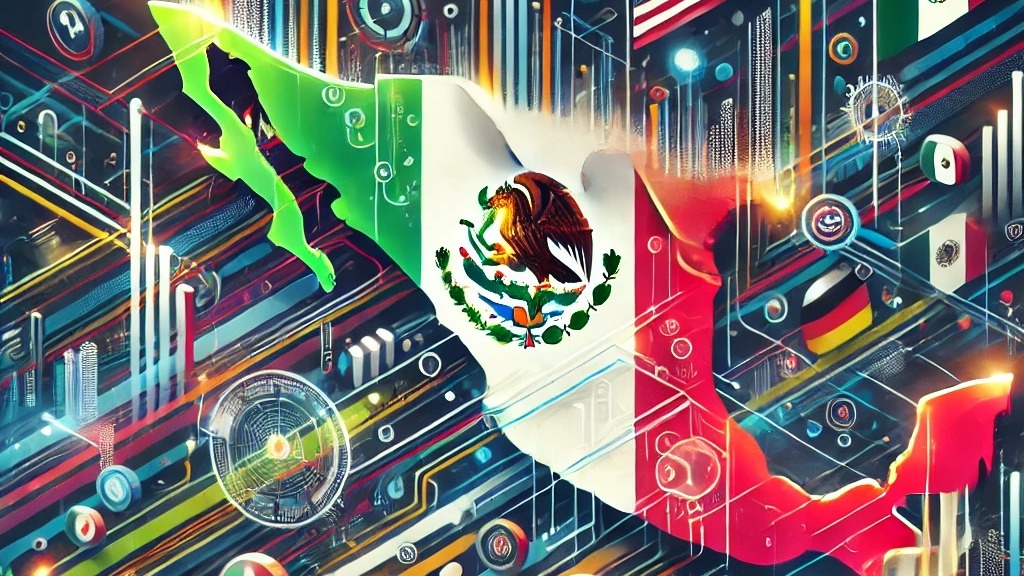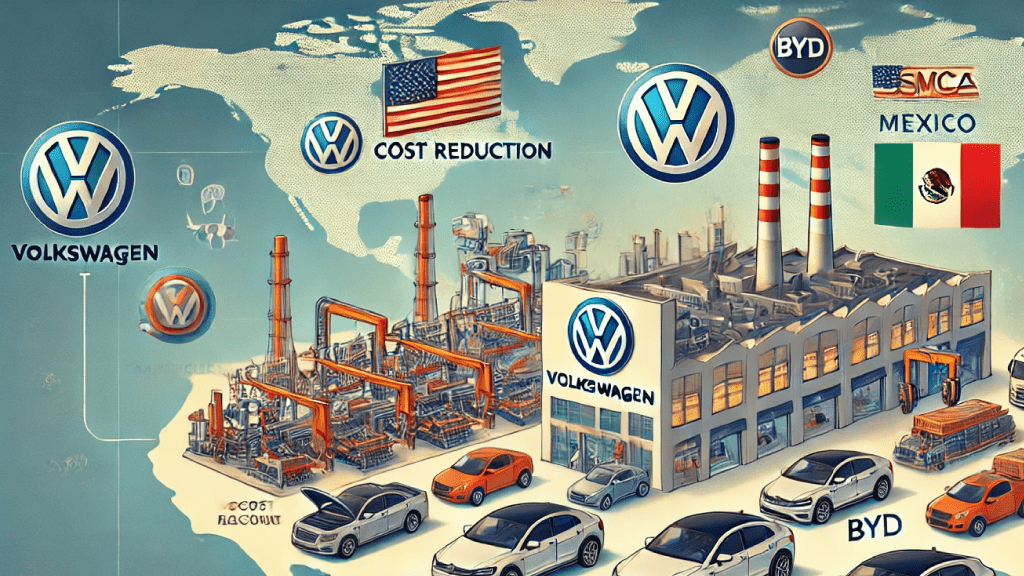ChatGPT breaks records: reaches a value of 157 billion dollars

OpenAI has announced the closing of a funding round that raised $6.6 billion, bringing its valuation to $157 billion.
This move further solidifies OpenAI's position as one of the leaders in the generative artificial intelligence industry, a sector that has experienced dizzying growth since late 2022, when the company launched its revolutionary ChatGPT. The tool has been adopted by more than 250 million people worldwide to optimize their work, foster creativity and improve education.
Microsoft, one of OpenAI's most significant investors, has previously injected $13 billion into the company, highlighting the tech giants' interest in artificial intelligence. Nvidia, another crucial player in this boom, has also shown interest in investing, especially considering the pivotal role its high-performance chips play in AI development. Apple, which already uses OpenAI models in its artificial intelligence system, withdrew from negotiations to participate in this funding round, which has generated speculation about its future plans in this space.
OpenAI, along with SpaceX and ByteDance, is now one of the three largest unlisted startups worldwide.
This position in the market makes it a benchmark for both the technology industry and for those sectors seeking to capitalize on advances in artificial intelligence to improve their competitiveness.
The mass adoption of ChatGPT highlights the ability of this technology to transform sectors such as education, commerce and creative industries in Mexico. Early adopters of these technologies could significantly improve operational efficiency, increase productivity and optimize data-driven decision making. In addition, the close relationship between OpenAI and Microsoft represents a gateway for more Mexican companies to access advanced AI tools, facilitating digital transformation in key sectors of the economy.
Mexico faces a weakness in terms of the technological infrastructure needed to effectively integrate artificial intelligence at all levels. The digital divide in the country is considerable, which may limit the ability of smaller companies and rural areas to take full advantage of these innovations. In addition, the lack of sufficient investment in training local talent in areas such as AI development and implementation could hinder mass adoption in the short term, leaving many companies out of this disruptive change.
The threats are no less significant. Increasing global competition in artificial intelligence puts pressure on Mexican companies to adapt quickly, or risk being left behind in an increasingly technological market. While foreign investment in tech startups is an opportunity to drive innovation in Mexico, the dominance of international companies in this space could displace local players if they are not provided with the right environment to grow and develop.
In this context, OpenAI's success underscores the urgency for Mexico to invest in technology infrastructure and foster a culture of AI adoption so that businesses can benefit from this technological revolution. Generative artificial intelligence has the potential to radically transform the business landscape, and those who act quickly will have a significant advantage in the future of the market.
Collaboration: Editorial Auge.





